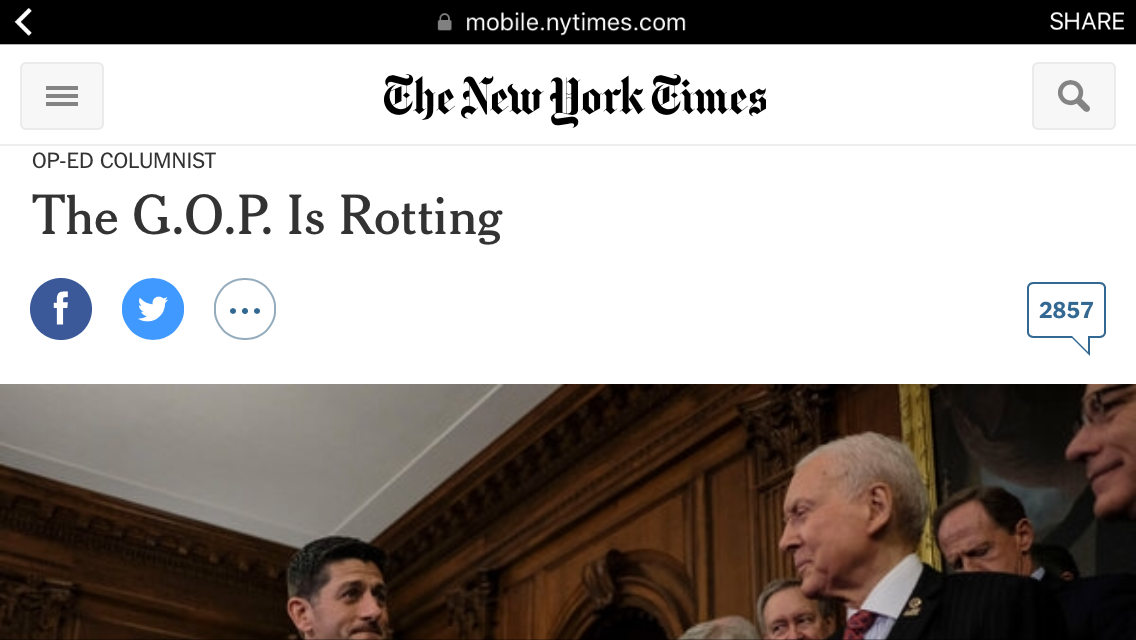It’s one thing to call for more “mental health” treatment, or to blame horrific events on a nebulous evil or a large-scale set of cultural ills. It’s quite another thing to identify specific defects in our social fabric, tie those defects to specific events in specific people’s lives, and devise specific options for how to mend the holes or re-weave the fabric.
I want to know exactly what went wrong, and fix it. I have a strong suspicion that everyone from presidents to everyday citizens of both major parties and of many walks of life will be found lacking if we take an honest look at the whole picture of how Mr. Cruz’s life arrived at the events of Feb. 14. I have a strong suspicion that a great many of us are part of the problem, even if we’ve never touched a gun or never intended to hurt a Douglas HS student or teacher.
I keep hearing more news coming out about warning signs and missed opportunities to help or at least contain the “broken human being” (to quote his public defender) who confessed to the massacre in Parkland on Valentine’s Day.
Here’s the thing: much as I want to see better gun control policy in the USA, I also know that preventing potential killers from easily getting their hands on guns and ammo will not solve the deeper issues that lead to massacres.
I hear that the FBI didn’t follow through on tips. I hear he passed a gun-buying background check despite being banned from carrying a backpack to school before he was expelled. I hear that he displayed behavior concerning enough to be reported over and over. I hear he had fallen under the influence of white supremacists and even drilled with them. And I hear that he is recently an orphan who was not given the treatment and care and community he needed.
I also hear calls for better school safety and better mental health policies from many people, including the President.
What I want to know is: how did the system fail Mr. Cruz? How did the community fail him? How did we all fail him, and how did we fail each other by not stopping him when he was perhaps beyond help? How did government agencies and laws at all levels fail him and fail his victims? What do we need to change—specifically—before the next time, to make sure there is no next time?









